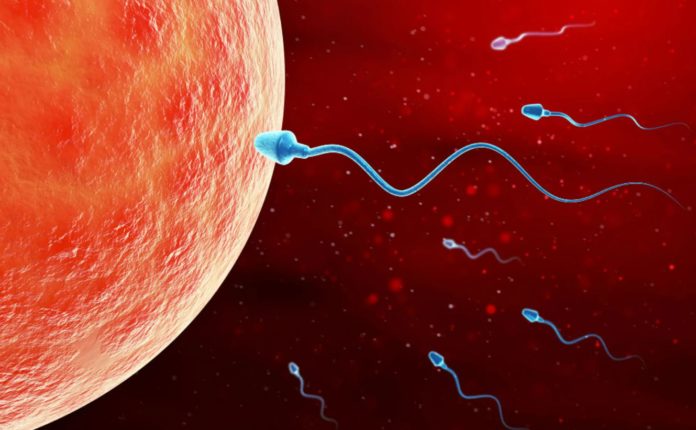A new study has identified alarming abnormalities linked to sperm count.
A single-cell examination of autopsied human testes reveals that problems associated with aging sperm cells may be aggravated by a high BMI (BMI).
The findings were published in the journal Developmental Cell today.
Despite the fact that older men have poor reproductive health, testis aging is poorly understood at the molecular and genomic levels. Furthermore, it is unclear if lifestyle or environmental variables play a role in this drop.
According to co-senior author Bradley Cairns, “aging may confer a combination of modest molecular changes that sensitize the testis for additional dysregulation, with pronounced dysregulation caused when aging is combined with additional factors such as obesity.”
To close this gap, Cairns and co-senior study author Jingtao Guo, also of the University of Utah School of Medicine, profiled over 44,000 cells from autopsy testis samples from four young men and eight older men using single-cell RNA sequencing. To assure early-adult fertility, the elder donors were checked for having offspring as young adults.
The young samples grouped together and showed no signs of aging or a disruption in their ability to create sperm cells. Surprisingly, the older samples exhibited only minor age-related alterations in the stem cells that produce mature sperm, although they were clearly divided into two groups. The first group showed that their ability to make sperm cells was unaffected, with just minimal chemical markers distinguishing them from younger samples. The second group, on the other hand, had a very limited ability to generate sperm cells.
BMI, in particular, has emerged as a critical determinant among the elderly. All of the first group’s donors had levels below 27, whereas all of the second group’s donors had levels above 30. Taken together, the findings point to potential molecular pathways driving the complex testicular alterations that accompany aging, as well as their prospective worsening by concomitant chronic diseases like obesity.
Larger patient cohorts will be required in the future to properly validate the findings. Another line of inquiry for future research is if the testicular cells of older, heavier-set men have distinct aging signatures or merely show accelerated aging. It’s also unclear whether aging of the testes is influenced by food, exercise, diabetes, or changes in hormone production. Furthermore, determining when dysregulation of supporting testis cells appears, as well as whether and how it may be reversed, could lead to better medical recommendations for older men.
“Our study reveals potential biomarkers for diagnosis of testis aging and directions for potential treatment of aging-related subfertility,” adds Guo. “It also serves as a foundational dataset for the scientific community to study how human testis and fertility respond to aging.”
Image Credit: Shutterstock
You were reading: Hey, guys — here’s why your sperm count is plummeting – study reveals
